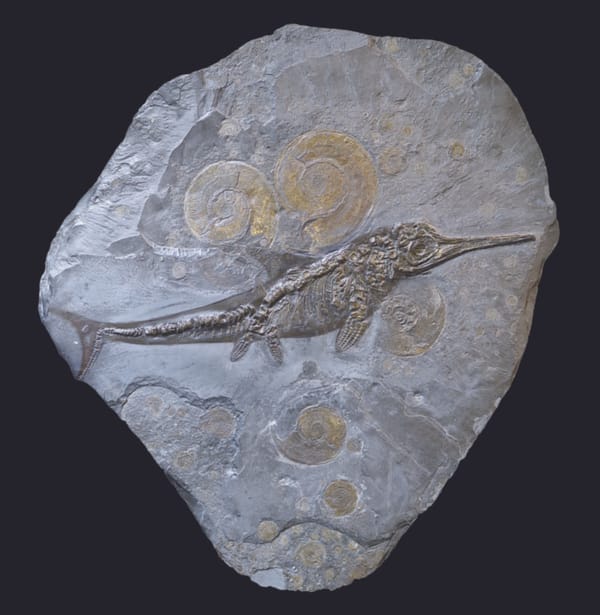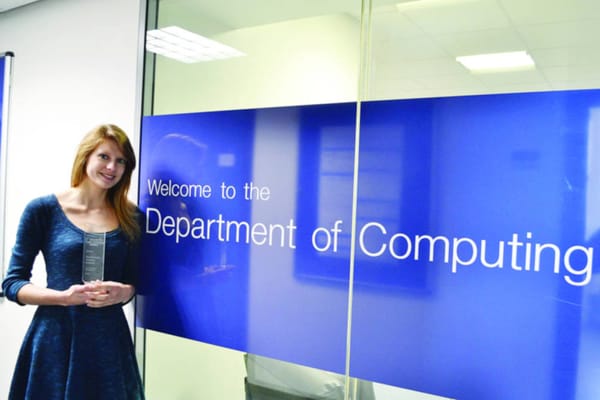Science & the City
Our regular science column
In modern times, the peer-reviewed publication is seen as the basic benchmark for science. Of course, science must be publicly accessible and able to be duplicated. And with increased metrics and funding in the sciences dependent on performance measured by frequency and recognition of publications, there are few alternatives for modern scientists to succeed – it’s publish or perish.
But once we begin publishing academically it’s easy to find this revered process riddled with potholes. From the get-go, scientists alter their manuscripts to the scope of the journal they intend to publish in. An editorial board determines if it fits within that journal’s scope and mandate – if not, the manuscript is sent back and it’s re-worked for another journal, often losing some of the research integrity in this constant reshaping process.
Once accepted, it’s sent out to other scientists for review. But who are they? Larger publishing houses have a list of known amenable reviewers, or sometimes the author will send in a list; both pathways which can be biased, and none of which can force participation from the whole community. Even with a double-blind process, given the increasing specialisation of fields, reviewers may already know whose research it is. Nothing prevents the delivery of a coloured review based on reviewer-author relationship for good or bad, and regardless of research quality. After reviews are returned, it’s back to an editorial board who may not always have the specific expertise to assess the review’s nuances and decide if revisions are needed or if it will be rejected or published.
It’s not a guarantee that either of these steps will catch errors, fraudulent data, or bias. The disastrous outcomes of this were seen in Japan’s Riken Center scandal in 2014.
At all steps in the process, there is potential for human error, oversight, bias, competition, and nepotism. It’s time for the science community to peer-review the peer-review publication system and figure out a more cohesive and reliable way forward.







